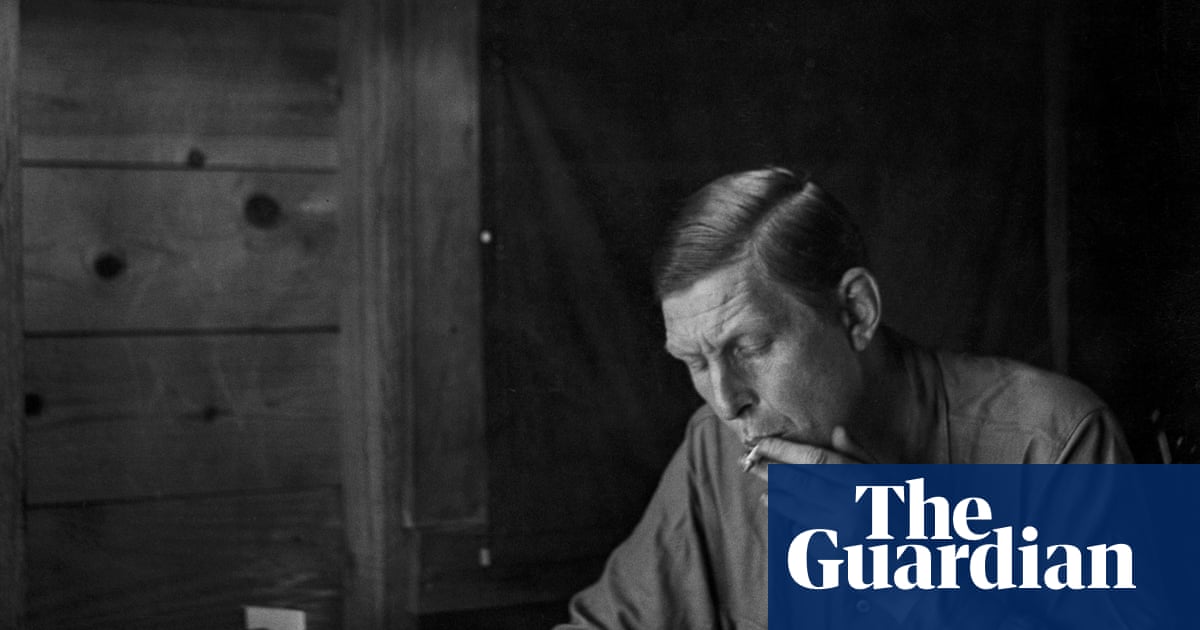Poisonous and heavily self-medicating mothers are a standard in the theatre, from Mary Tyrone in Long Day’s Journey into Night to Violet Weston in August: Osage County. Self-absorbed, vain and hypercritical, they tend to stalk their stages like injured lionesses, their own offspring the convenient targets of their abuse and cynicism. US playwright Paula Vogel adds Phyllis Herman (Sigrid Thornton) to this list, as monstrous and brittle as any of them.
While Mother Play (the subtitle is A Play in Five Evictions) flirts with the toxicity and histrionics of those antecedents, it feels closer in spirit to Tennessee Williams’ “memory play” The Glass Menagerie. Where Williams created the character of Tom as an authorial surrogate, Vogel gives us Martha (Yael Stone), who is likewise desperate to escape her mother’s clutches while trying to understand what makes her tick. There’s a deep melancholy working under the play, a sense of all that’s been lost to the ravages of time and forgetting.
Like Williams, Vogel is mining a lot of her own biography here – her mother was also named Phyllis, and worked as a secretary for the Postal Service after the breakdown of her marriage – and she traces the outline of a family in slow decline with poignancy and skill. The rot sets in during the first eviction, as Martha and her elder brother Carl (Ash Flanders) move boxes and furniture around while Phyllis drinks herself into a state of grotesque self-pity. The kids are only 12 and 14, and yet already they seem like the parents to a stubborn and petulant child.
As the play progresses and the narrative moves inexorably through the decades – it opens in the early 60s and ends in the present day – this parental imbalance only worsens. Gin-soaked and combative, Phyllis alternately berates, guilts and clings to her children like resented support structures; one moment she is rejecting them for being gay, the next grasping for their approval. She’s fiendish and cruel, but Vogel also lets us see the damage done to her, the ways in which she is shaped by the casual cruelties of others. It isn’t so much a cycle of abuse as a long sputtering out, levelled by great reserves of forgiveness and stoicism from the kids.

Thornton is terrific, constantly alive to the character’s gaping flaws without once losing the central pathos that keeps us engaged and sympathetic. She has a harsh, steely quality under the gaucheness and impropriety that softens as the play progresses, eventually reaching a kind of weary dignity and poise. Stone finds great depth and complexity in Martha, pained by her mother’s sadism but determined to see beyond it. Flanders is solid in the lesser part of Carl, and together the cast paint a convincing and intricate family dynamic.
after newsletter promotion

Director Lee Lewis gets many things right, which makes the ones she gets wrong seem more egregious, somehow. Those performances are beautifully calibrated and expertly pitched, but Vogel’s startling tonal shifts and narrative longueurs seem to trip Lewis up; too often the production falters, pitching into silliness and camp. One scene in a gay bar – where Phyllis starts dancing a conga line with her adult children – feels desperate, and the less said about a giant cockroach that waves at the audience the better.
This reticence seeps into Christina Smith’s design, which is surprisingly banal and unwieldy – although not her costumes, which are little treasure troves of period wit and personality. The family’s five different abodes are simultaneously underdone and overly complicated, necessitating some clunky transitions. Niklas Pajanti’s inventive lighting helps, pitching from glamorous to desolate as the family’s fortunes change. Kelly Ryall’s compositions are similarly mercurial, jaunty one minute and plaintive the next.
Vogel is a fascinating and idiosyncratic playwright, and if this production of Mother Play doesn’t quite coalesce, it still achieves moments of beauty and quiet awe. That temporal scope allows the actors to track the emotional beats of their characters’ lives like pins on a map, and if political and social events tend to disappear into the background, their effect on the family’s interpersonal relationships is forcefully underlined. The moral battle between liberalism and conservatism, those ideological polarities currently tearing the US apart, are depicted here as fissures of the self and the family unit, a long time coming.
Memory plays are by definition fragmentary and elliptical, so perhaps the staccato rhythms and jolting tonal shifts are necessary. The cliche of the monstrous feminine, where the mother becomes the repository of all the family’s sickness and perversion, is subtly but surely unpacked and debunked. What we’re left with is a mother and a daughter tremulously reaching for care, compassion and connection. In this way, it feels vital and contemporary.

 3 months ago
47
3 months ago
47

















































